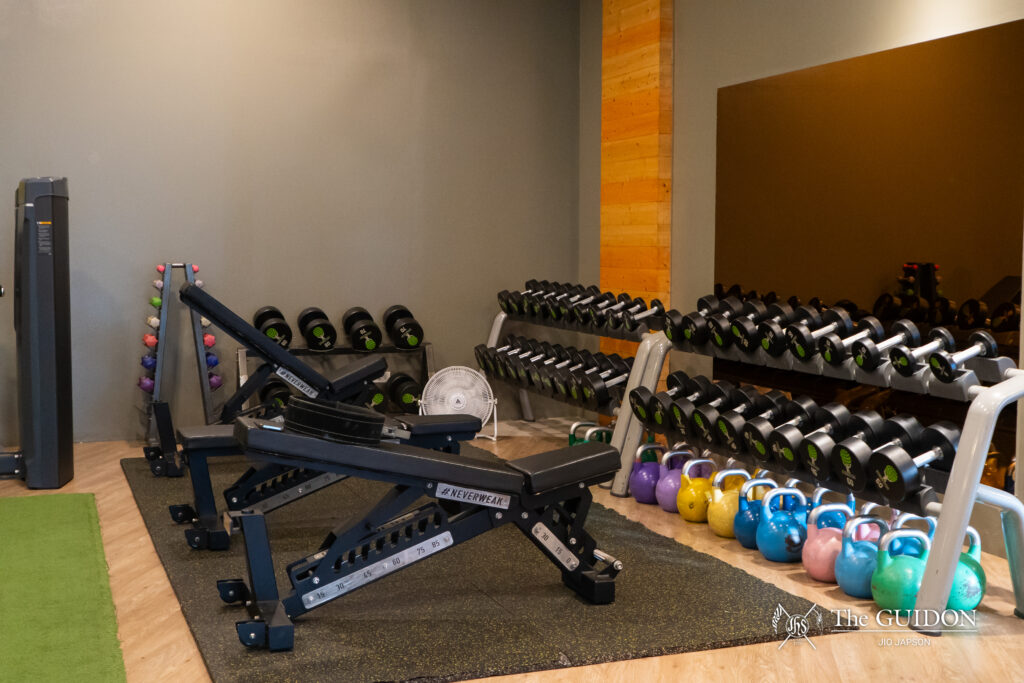As the new year dawns, it’s easy to say you want to start afresh. But how do busy students actually stick to their plans? Studies have shown that if you really want to pursue your goals, you need to become a creature of habit. So forget New Year’s Resolutions and instead focus on building a solid foundation of daily rituals to become your best self.
Set achievable goals
It’s often easy to get lost in the bigger picture. We know where we want to go, but the journey there can seem daunting and incalculable. A good way to solve this fear is by dividing larger tasks into smaller, more manageable goals. In setting these smaller goals, remember to keep them both realistic and aligned with your overarching goal. Here’s an idea: Make yourself a roadmap to success, but use familiar stops to guide you along the way! Not only will this alleviate your fears, but it will also help you take action.
Exercise at set times every week
The benefits of exercise are by far and large; not only does it help you lose weight, but it reduces the risk of contracting several chronic diseases. It also increases the production of endorphins in your body, making you happier. But did you know that exercising at a set time helps improve memory and thinking skills? A study conducted by the University of British Columbia found that regular aerobic exercises help boost the size of one’s hippocampus, which is the part of your brain in charge of verbal memory and learning. This is backed up by a Harvard Medical School study, which discovered that 120-150 minutes of moderate intensive activity a week is enough to get your heart pumping and your brain working.
Find your own circadian rhythm—and stick with it
The circadian rhythm is our internal clock that reflects levels of alertness, drowsiness, or sleep throughout the day. Some people are early birds, meaning they are most energetic in the morning. Others are night owls, meaning they are at their most productive at night. Circadian rhythms can be altered by irregular sleep patterns and sleep time—things most of us have succumbed to in the wake of online classes and work-from-home setups. However, if you can afford to work asynchronously, you should reschedule the activities of your day according to the peak times of your own internal clock. That way, you can maximize productivity accordingly.
Practice reattachment with these three simple questions
The art of reattachment to one’s purpose emerged thanks to its predecessor: Detachment. Previously, to increase work productivity, researchers advised people to detach—that is, switching off your brain from work at 5:00 in order to focus on friends, friends, and personal hobbies. Unfortunately, while detaching proved helpful, it made it difficult to refocus on work the next day. Thus, reattachment was born—3 questions that you ask yourself at the start of your day to recalibrate and remember your goals.
These questions are:
- Why does the work I do matter to me? How does my work impact the lives of others?
- Who are the people—both at work and in my personal life—who support me and my professional success?
- What would I like to focus on today?
The aforementioned studies have shown that this simple method of reflection increases motivation.
Find ways to hold yourself accountable
Setting goals only works when you’re responsible for seeing them through, and routines only turn into habits through consistency. Think of ways to stay accountable. Whenever you accomplish something, write it in a journal. And if you fail, remember to take note of that too. Record your journey, measure your progress, and set reminders. That way, you’ll be able to see your progress and keep yourself on track.
Acknowledge when a ritual isn’t working for you
After trying out a ritual for some time, you may realize that it’s not working for you. There are many reasons for a ritual to be ineffective. Maybe it just can’t mesh with your schedule, or your tasks aren’t achievable. Whatever the case, by recognizing the problem, you can start to work on it. Instead of forcing yourself to adopt a ritual, try altering it to fit your present needs or wants. Some tips: Make a reward system or evaluate the feasibility of your goals.
Like starting anything new, establishing your rituals won’t always be easy. But by understanding your personal needs and committing to your rituals, they’ll eventually ease into your daily life. You’ll find your best self shining through effortlessly—naturally, even.






